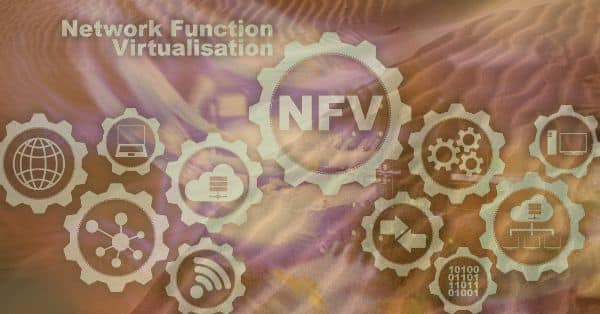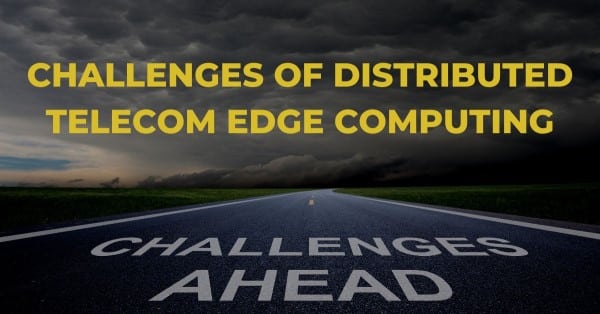Home » 5G Magazine » Telecom’s AI Transformation: A Future View
Telecom’s AI Transformation: A Future View
- Last Updated: March 26, 2024
Log In or Register to Access This Content
Login
Register
Login with LinkedIn
Related Magazine Content
- Article & Insights
- July 13, 2023
This comprehensive blog post delves into how private wireless networks are the catalyst for innovative change across diverse industries. From manufacturing to aerospace, it unravels the potential of private networks in enhancing operational efficiency, driving innovation, and paving the way for future advancements.
- Article & Insights
- June 22, 2024
This blog post presents a comprehensive comparative analysis of private and public wireless networks – pros and cons, exploring security, control, customization, network performance, cost, maintenance effort, coverage, and ease of deployment. This insights will assist you in making informed decisions regarding the most suitable network option for your specific needs.
- Article & Insights
- March 18, 2024
“The Evolution of Private Wireless Networks: An In-depth Exploration into the Past, Present, and Future” offers a comprehensive exploration of private wireless networks. The article traces their development from proprietary technologies to LTE and 5G, while also forecasting their future influenced by emerging technologies and regulatory changes. A concise guide to understanding the past, present, and potential future of these pivotal communication systems.
- Article & Insights
- March 16, 2024
There are specific areas from which telcos will mine the revenue. But the key 5G monetization strategy for telcos would be to invest in all 5G standalone (SA) network aspects. It will bring different ecosystem partners together, help upgrade charging models, strategize usage of telecom APIs, and launch network slices to tap enterprise customer segments. All these would be driven by bringing high-level end-to-end automation and a solid orchestration platform to start services to consumers quickly.
- Article & Insights
- March 19, 2023
All MANOs will include network service orchestration in their ambit. VM-based VNFs will continue to find acceptability on account of strong legacy among telcos and enterprises alike. And K8s is here to stay.
- Article & Insights
- March 16, 2024
Edge computing is a concept that piggybacks off the ideas of cloud computing but differs in how it handles heavy processing. MEC delivers cloud computing capabilities and an IT service environment at the edge of the cellular network. It allows compute resources to be deployed closer to the edge of the network, in effect “transporting” cloud capabilities to the edge to overcome latency and network reliability issues.
- Article & Insights
- March 16, 2024
Mobile Edge Computing (MEC), is challenging to implement and requires support for network parameters of most of the use cases. Telco Edge nodes are not only contained with network functions but also applications workloads are deployed to deliver services to edge serving devices.
- Article & Insights
- March 19, 2023
What is the cost of skipping CW Model Calibration? Why indoor coverage is so critical? What factors contribute to inaccurate prediction?
Download Magazine
With Subscription
Whitepaper
As VoLTE becomes the standard for voice communication, its rapid deployment exposes telecom networks to new security risks, especially in roaming scenarios. SecurityGen’s research uncovers key vulnerabilities like unauthorized access to IMS, SIP protocol threats, and lack of encryption. Learn how to strengthen VoLTE security with proactive measures such as...

Whitepaper
Dive into the comprehensive analysis of GTPu within 5G networks in our whitepaper, offering insights into its operational mechanics, strategic importance, and adaptation to the evolving landscape of cellular technologies....
It seems we can't find what you're looking for.























